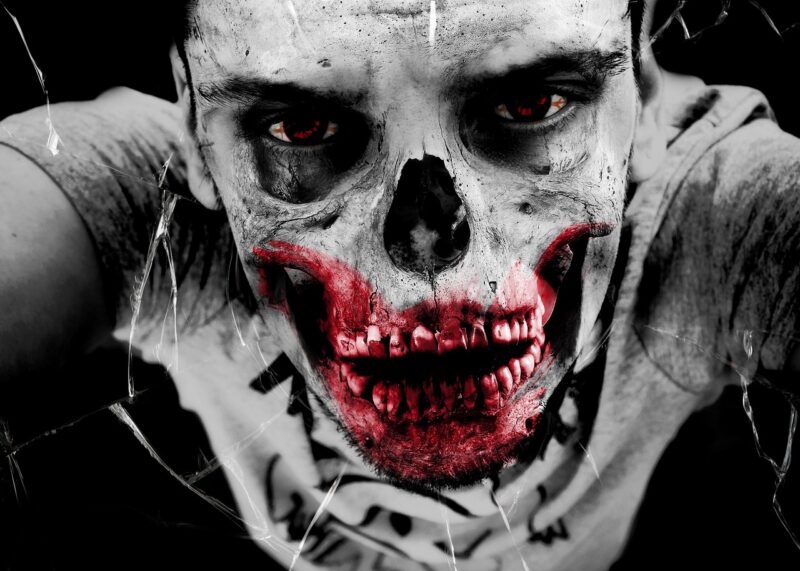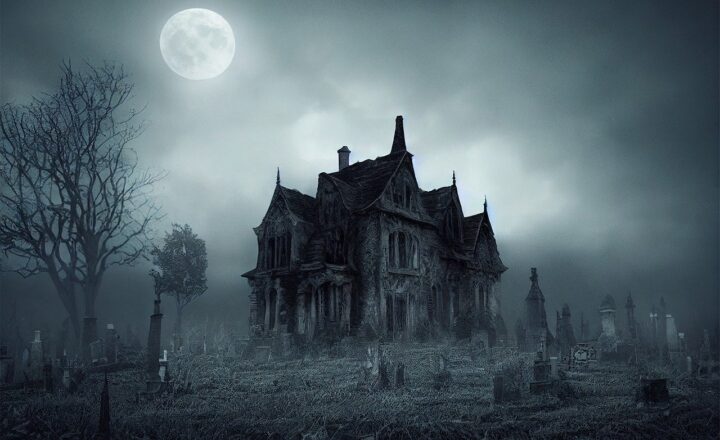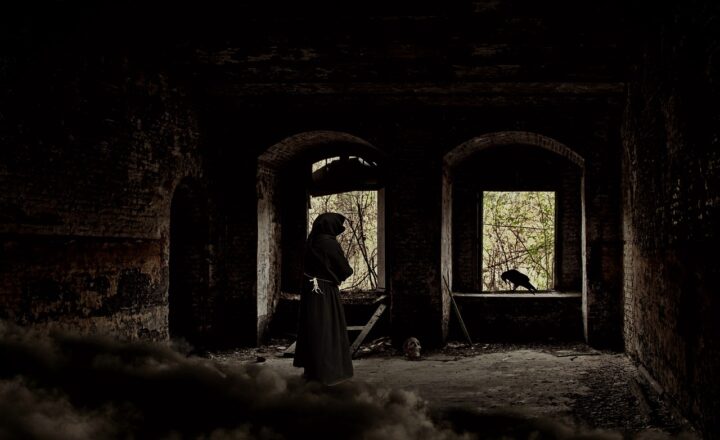The Psychology of Zombies: Why They Terrify and Fascinate Us
November 13, 2024

The phenomenon of zombies has permeated popular culture for decades, spawning countless films, books, television shows, and games. But what is it about these brain-eating creatures that terrifies and fascinates us in equal measure? To answer this question, we must delve into the psychological aspects of why zombies have become a staple in horror narratives and how they relate to our deepest fears and societal concerns.
1. The Origin of Zombie Mythology
While zombies are often associated with modern horror culture, their origins can be traced back to various folklore and beliefs. The concept of the undead has its roots in Haitian Vodou, where it is believed that a sorcerer could reanimate the dead, using them as slaves. This idea has evolved into the flesh-eating creature we identify today in movies and television.
Cultural Symbolism
Zombies represent more than just mindless monsters; they symbolize profound social anxieties. They are often seen as representations of the loss of agency, where individuals lose control over their own bodies and minds. This metaphor resonates deeply with concerns of overconsumption, social conformity, and the fear of becoming a mere shell of our former selves.
2. Fear of the Unknown
One of the fundamental reasons we fear zombies is their association with the unknown. The notion of the undead defies our understanding of life and death, and when confronted with the idea of someone we know becoming a zombie, it taps into our primal fear of losing loved ones.
Reflecting Modern Woes
Zombies often reflect societal fears, such as pandemics, societal collapse, and loss of individual identity in a rapidly changing world. Films like “28 Days Later” and series like “The Walking Dead” offer commentary on human nature and societal breakdown in the face of overwhelming horror, showcasing how humans respond to apocalyptic scenarios while battling reanimated corpses.
3. The Attraction to Horror
Despite the fear and horror they evoke, zombies are also fascinating. The horror genre allows individuals to confront and explore their fears in a controlled environment. Studies have shown that engaging with horror media, including zombie narratives, can result in catharsis, allowing audiences to experience fear vicariously without any real-world repercussions.
The Thrill of Survival
In zombie narratives, survival becomes a thrilling game; individuals often find themselves relating to characters who navigate perilous situations. This engagement can foster a sense of excitement and a connection to the human experience of bravery, resilience, and resourcefulness.
4. Psychological Themes in Zombie Stories
Zombie stories delve into several psychological themes, such as paranoia, isolation, and the collapse of civilization. The presentation of zombies can expose our darkest fears and societal critiques.
The Collapse of Society
Zombies frequently embody the fear of societal collapse. Whether in literature or film, they often signify the breakdown of order and morality. This chaos forces the remaining humans to confront their ethics and values in survival situations.
Isolation and Despair
Zombies can also symbolize emotional and psychological isolation. Characters in zombie narratives frequently struggle with loneliness, representing the real feelings of disconnection and alienation experienced by many in today’s digital age. As society becomes more connected online, many feel increasingly isolated in their offline lives.
5. Zombies as Modern-Day Monsters
Zombies currently serve as a vehicle for exploring various cultural, social, and existential themes. They have evolved into modern-day monsters reflecting our collective fears and anxieties. By being confronted with zombies, we grapple with the darker aspects of human nature, such as violence, greed, and the fear of losing one’s humanity.
Emotional Responses
Their flesh-eating behaviors often evoke strong emotional responses, forcing us to confront moral dilemmas and ponder questions regarding life and death. The tension created in these narratives resonates with audiences as they emphasize the fragility of civilization and the potential for chaos that lies just beneath the surface of our structured lives.
6. Conclusion: The Continuing Fascination
The psychology of zombies taps into our deepest fears and social concerns, becoming a powerful vehicle for understanding the human condition. Their terrifying yet fascinating nature allows audiences to confront their fears, deal with societal issues, and explore the theme of survival in a chaotic world.
As our society continues to grapple with real-world challenges, such as pandemics and social disconnection, zombies serve as a mirror reflecting both our anxieties and our resilience. The undead may be fictional, but the concerns they evoke are all too real. This unique blend of fear, thrill, and reflection ensures that zombies will remain a staple of storytelling for years to come.
Ultimately, analyzing our fascination with zombies reveals much more about ourselves and the world we live in than most people might realize. By unpacking these themes, we gain insight into our societal fears and the timeless struggles of humanity.








